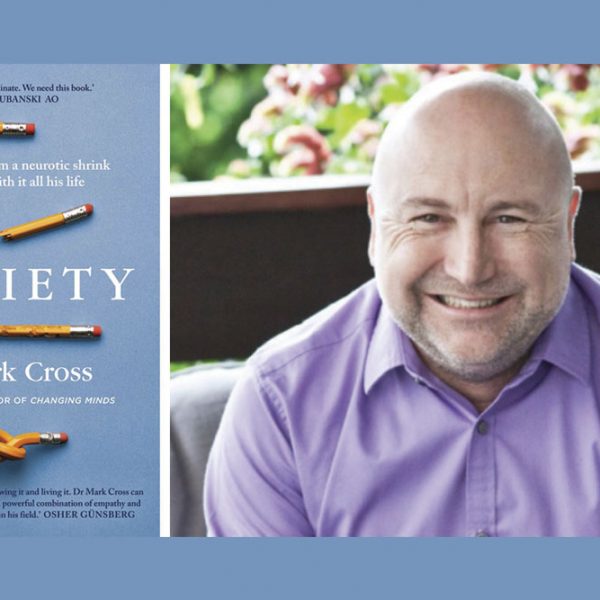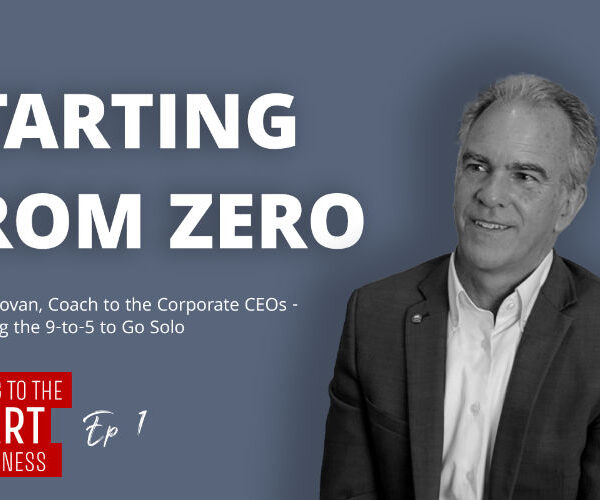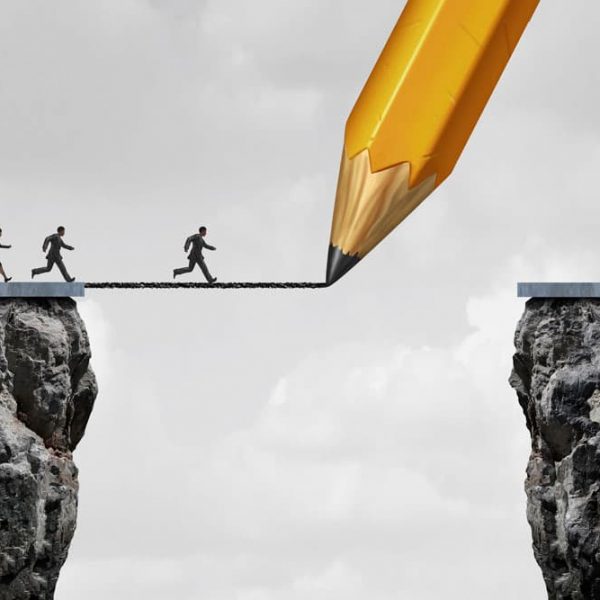Power and Emotion – What’s the Connection?
There’s a strong connection between power and emotion. Our moment by moment experience of power is primarily an emotional one. The “effect” relating to power could be understood as a continuum between feelings of powerlessness and those associated with power.
Those feelings relating to feeling powerless would be anxiety, stress, overwhelm, defeat, frustration, angst, alienation, inferiority, insufficiency etc.
Emotions relating to feeling powerful might include confidence, expectancy, positivity, optimism, vitality, eagerness, adequacy, connectedness, support, superiority, knowledgeability, creativity, autonomy etc.
There’s no denying it. Feeling powerful is much nicer than feeling powerless.
If we take those assertions as our base, then the choice we are faced with each day, and each moment of each day, is how we get to those feelings which are better. How do we access the feelings of being powerful and lessen the feelings associated with a state of powerlessness? Our response to that question defines our relationship to power and the outcomes of that relationship.
There are many ways we can regain our power – or try to regain our power – and it’s vital that we make good choices here. For the benefit of ourselves and for those around us.
Using our power well is about the moment by moment choices we make as we attempt to make ourselves feel better. I’ll explain in the next blog two fundamentally different ways to achieving that feeling outcome. Which path you choose has far-reaching implications.
What’s your natural response to feelings of powerlessness? Reflecting on that question is the first step to building a better response and framework approach to your own personal power.
Learn more how to make better choices in relation to using your power here.



